A frequent lament of people on online groups who want to work for the United Nations is “It’s impossible because there’s no way for me to get the experience needed.”
Bollocks.
I’ve addressed this before in blogs such as
- Is it really *impossible* to break into humanitarian work?
- In defense of skills over passion.
- Want to work internationally? Get involved locally.
- You can volunteer to address the critical needs of refugees IN YOUR OWN COMMUNITY.
These aforementioned blogs are about how to get expertise that can be applied to UN positions, usually at the P level and above.
But a lot of people want to work at a headquarters or break into UN work at the administrative level. They claim the aforementioned doesn’t apply to them and then, again, say, “It’s impossible for me to get the experience necessary.”
I spent an hour going through G-level positions currently being recruited at some UN agencies. I then made a list of some commonalities in the positions, which I have listed below, stripping out UN-specific references. And as I read through these, it was obvious to me that:
- If you have been a longish-term leadership volunteer in your community, managing other volunteers, in any project – Habitat for Humanity, Meals on Wheels, an NGO that helps refugees, a children’s theater camp, a hospice, a food bank, etc. – you have probably done most of these activities.
- If you have been a successful Girl Scout leader for more than two years, and been on the board or core organizers of your service unit in that time, you have probably done most of these activities.
- If you have been a leadership volunteer at a local farmer’s market or artists cooperative for an entire season, you have probably done most of these activities.
- If you have been on the board of a nonprofit for at least a year, you have probably done most of these activities.
Often it’s how you frame and phrase your responsibilities on your CV and applications as to whether or not you look qualified for a position.
I was part of a hiring committee that hired a guy with extensive hotel management experience for a G level administrative support position: his procurement skills, his experience in dealing with conflict, his organizational skills, his multi-language skills, his client-focused mindset and his experience with international clients were all represented on his CV , explicitly. He was an incredible and perfect fit for the job (he did also have a Master’s degree – I think it was in business).
Job responsibilities that show up on a lot of G-level positions that you can learn through leadership volunteering and through most administrative jobs at nonprofits and local government agencies as well:
- Schedule internal and external meetings and events, and communicate these dates, or possible dates, to the team/partners.
- Assist in organizing events, workshops, webinars, launches of publications, seminars, conferences and campaigns.
- Support the team with planning and implementing of operational activities.
- Gather relevant and corresponding data (socio-economic, gender, etc.) needed for project development, proposals, reports, presentations, etc.
- Support activities contributing to the regular communication with project partners to monitor deadlines, commitments made, actions taken, etc.
- Support in mapping and identifying relevant stakeholders or desired audiences or potential partners.
- Populate and maintain a database of potential partners, or area NGOs, or area small businesses, or some other needed data set for a project.
- Review and proofread drafts of reports, drafts of online materials, etc.
- Closely follow up with other staff, consultants, partner organizations, etc. regarding collaborative projects, data, etc.
- Review reports developed by others and edit/contribute as needed.
- Verify the accuracy and validity of research conducted or feedback provided by others.
- Continuously monitor and collect all data indicators relevant to the project.
- Provide support in the dissemination and sharing of relevant data and lessons learned.
- Keep pulse on emerging best practices nationally, regionally, and internationally that relate to the work.
- Regularly read knowledge networks and communities of practice related to the project/program area.
- Support program-related knowledge building, management and sharing activities for both external and internal audiences.
- Assist in preparation of official correspondence to all relevant project partners, HQ, etc.
- Provide inputs in the development and producing knowledge products, i.e. case studies, success stories, lessons learnt reports, press releases and etc.
- Contribute to the creation of content for specific stakeholders, including presentation decks, photos videos, programme briefs, webinar/event cards, literature.
- Monitor online platforms including Facebook, Twitter, YouTube, LinkedIn, Reddit, etc. regarding mentions of the program and activities by partners/stakeholders.
- Assist the Project Manager/other staff in preparation of the regular progress reports in line with reporting schedules, as well as any other reports requested by management, donor, government, press and/or other stakeholders/audiences.
- Support other staff in implementing project M&E activities and providing on-going feedback and technical backstopping.
- Make logistical arrangements for HQ staff visits and external visitors, preparing briefing kits and background materials.
Quit complaining that “the fix is in” and you can’t get a UN position unless you “know someone on the inside.” I’ve worked for the UN three times, at three different UNDP offices, in three different countries, and I knew NO ONE in those offices that hired me. I’ve been on several UN hiring committees and only one time in all those times was I pressured to hire someone who someone on the hiring committee knew – a practice common in the private sector! (I refused to change my score regarding her interview and qualifications, but she did still get hired somehow). Every other time, we hired the person obviously most qualified.
Get busy taking a hard look at all you have done to date and think about how to better frame it. And if you lack needed skills for the jobs you want, get busy with volunteering or working locally to get them!
Also see:
- Abilities you need to work in humanitarian development successfully.
- Why qualified people get passed over for jobs.
- How I got my first job with the United Nations.
- What I did in Ukraine with the United Nations.
- What I did in Afghanistan for the Ministry of Rural Rehabilitation and Development, via the United Nations.


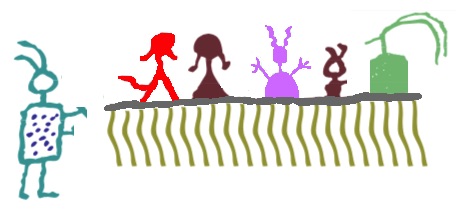



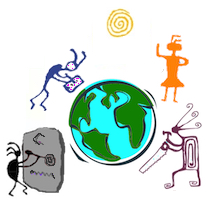
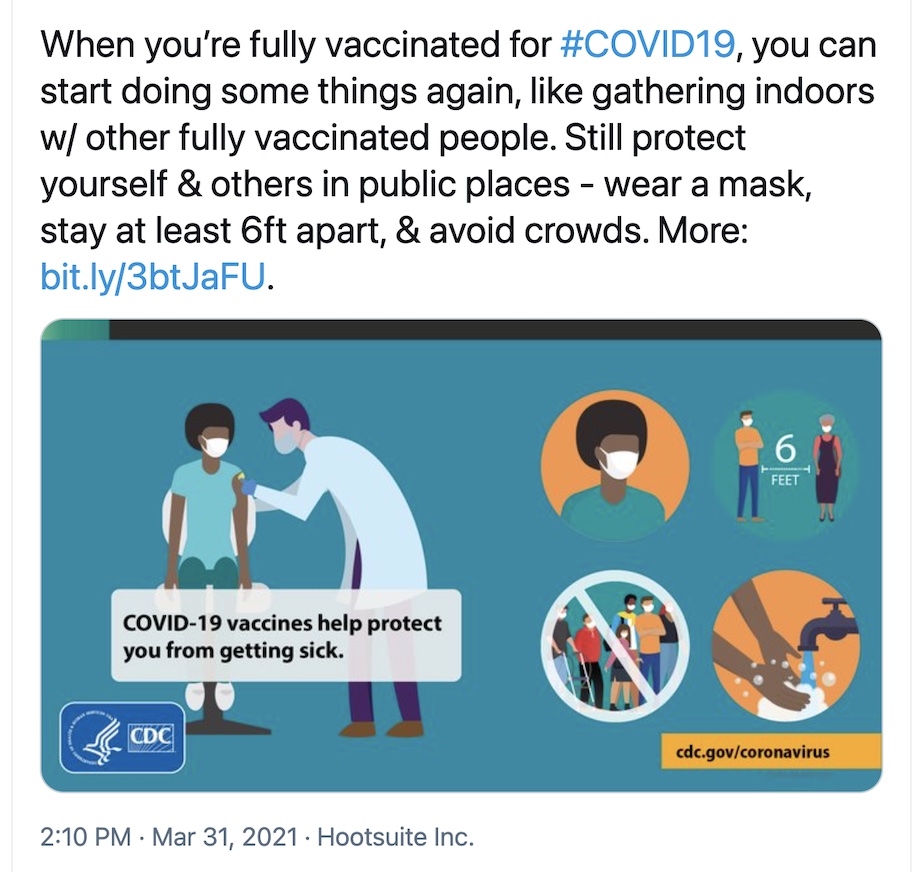
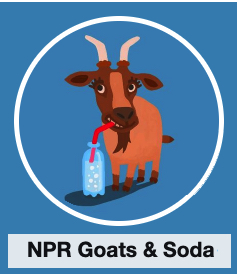
 Katie Meyler of the USA wanted to save girls in Liberia from sexual exploitation, to educate them, empower them, keep them safe. She founded a charity called More Than Me and quickly raised more than $8 million for her efforts. The first More Than Me project multiplied quickly to 19 schools teaching 4,000 students. When the Liberian president, who had won a Nobel Peace Prize for her fight for women’s safety, was asked what she wanted from those keen to help her country, she answered, “To expand Katie Meyler’s initiative to as many communities as possible.” Meyler rubbed shoulders with Warren Buffett, Bill Gates and Oprah Winfrey, and even get invited to the Obama White House.
Katie Meyler of the USA wanted to save girls in Liberia from sexual exploitation, to educate them, empower them, keep them safe. She founded a charity called More Than Me and quickly raised more than $8 million for her efforts. The first More Than Me project multiplied quickly to 19 schools teaching 4,000 students. When the Liberian president, who had won a Nobel Peace Prize for her fight for women’s safety, was asked what she wanted from those keen to help her country, she answered, “To expand Katie Meyler’s initiative to as many communities as possible.” Meyler rubbed shoulders with Warren Buffett, Bill Gates and Oprah Winfrey, and even get invited to the Obama White House.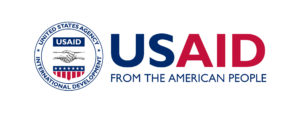 I think the work of the
I think the work of the 